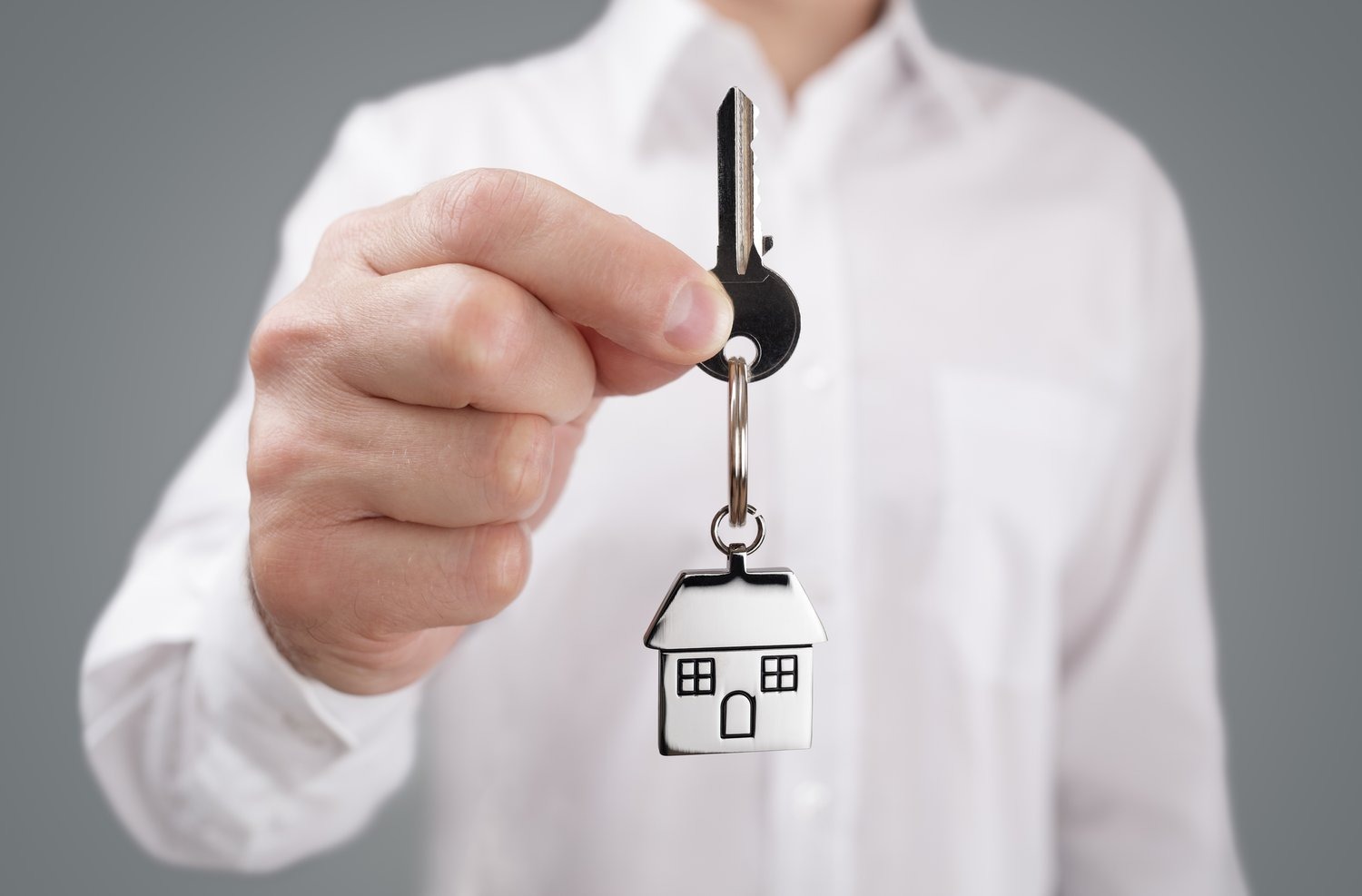Residential property management involves the administration, operation, and oversight of residential properties, ensuring they are well-maintained and profitable. This field encompasses various tasks and responsibilities, ranging from tenant relations to property maintenance, financial management, and regulatory compliance. Effective residential property management is crucial for maximizing returns on investment for property owners and ensuring a positive living environment for tenants.
Key Responsibilities
1. Tenant Management:
- Tenant Acquisition and Screening: Property managers are responsible for marketing vacant properties, conducting viewings, and screening potential tenants. This involves background checks, credit checks, and verifying employment to ensure the reliability and suitability of applicants.
- Lease Agreements: Drafting, negotiating, and enforcing lease agreements is a critical aspect of tenant management. Property managers must ensure that leases are legally compliant and clearly outline the rights and responsibilities of both parties.
- Rent Collection and Arrears Management: Timely collection of rent is vital for maintaining cash flow. Property managers establish efficient systems for rent collection and address any arrears promptly, often involving late fees and legal action if necessary.
- Tenant Relations: Maintaining positive relationships with tenants involves addressing concerns, resolving disputes, and ensuring a high level of customer service. Happy tenants are more likely to renew leases, reducing turnover rates.
2. Property Maintenance:
- Routine Maintenance: Regular upkeep of the property includes landscaping, cleaning common areas, and servicing utilities. Preventive maintenance is crucial to avoid major repairs and maintain the property's value.
- Repairs and Renovations: Property managers coordinate and oversee repairs, renovations, and upgrades. This involves working with contractors, obtaining quotes, and ensuring work is completed to a high standard.
- Emergency Repairs: Responding to emergencies, such as plumbing or electrical issues, requires prompt action to minimize damage and inconvenience to tenants.
3. Financial Management:
- Budgeting: Creating and managing budgets is essential for controlling expenses and planning for future improvements. This includes forecasting income and expenditure, setting aside funds for maintenance, and ensuring financial stability.
- Accounting: Accurate record-keeping and accounting are vital for tracking income and expenses, filing taxes, and providing transparent reports to property owners.
- Profit Maximization: Identifying ways to increase profitability, such as optimizing rental rates, reducing vacancies, and managing operating costs, is a key objective.
4. Legal and Regulatory Compliance:
- Adherence to Laws: Property managers must stay informed about local, state, and federal laws governing rental properties. This includes fair housing laws, health and safety regulations, and eviction procedures.
- Lease Enforcement: Ensuring tenants comply with lease terms and taking appropriate legal action in cases of non-compliance is part of the role.
- Risk Management: Identifying and mitigating risks, such as liability issues and insurance requirements, is essential for protecting both the property and its owners.
Technology in Property Management
The integration of technology has revolutionized property management, enhancing efficiency and tenant satisfaction. Key technological advancements include:
1. Property Management Software:
- Automation: Modern software automates many administrative tasks, such as rent collection, maintenance requests, and lease management, saving time and reducing errors.
- Tenant Portals: Online portals allow tenants to pay rent, submit maintenance requests, and communicate with property managers easily, improving convenience and satisfaction.
2. Smart Home Technology:
- Security: Smart locks, surveillance cameras, and alarm systems enhance security for tenants and the property.
- Energy Efficiency: Smart thermostats and lighting systems help reduce utility costs and environmental impact.
3. Data Analytics:
- Market Analysis: Data analytics tools help property managers understand market trends, optimize rental pricing, and make informed investment decisions.
- Performance Tracking: Monitoring key performance indicators (KPIs) such as occupancy rates, tenant retention, and maintenance costs enables better decision-making and strategy development.
Challenges in Residential Property Management
Despite the benefits, property managers face several challenges that require careful navigation:
1. Tenant Turnover:
- High turnover rates can increase costs due to marketing, screening, and preparing units for new tenants. Property managers strive to enhance tenant satisfaction and retention to mitigate this issue.
2. Maintenance and Repairs:
- Unexpected maintenance issues and repairs can disrupt budgets and operations. Proactive maintenance strategies and strong relationships with reliable contractors are essential.
3. Regulatory Changes:
- Staying abreast of frequent changes in housing laws and regulations requires continuous education and adaptation to ensure compliance and avoid legal issues.
4. Economic Factors:
- Economic downturns and fluctuations in the housing market can impact rental demand and property values. Diversifying portfolios and implementing flexible management strategies can help weather economic uncertainties.
The Future of Residential Property Management
The future of residential property management is shaped by evolving trends and emerging technologies:
1. Sustainable Practices:
- There is an increasing emphasis on sustainability and energy efficiency. Property managers are incorporating green building practices, renewable energy sources, and eco-friendly amenities to attract environmentally conscious tenants and reduce operating costs.
2. Enhanced Tenant Experiences:
- Providing exceptional tenant experiences through personalized services, community-building activities, and modern amenities is becoming a key differentiator in a competitive market.
3. Increased Use of Artificial Intelligence (AI):
- AI and machine learning are being utilized to predict maintenance needs, optimize pricing, and enhance tenant screening processes, resulting in more efficient and effective management.
4. Remote Management:
- The COVID-19 pandemic accelerated the adoption of remote management practices. Virtual tours, remote lease signings, and digital communication tools have become standard, offering flexibility and convenience for both property managers and tenants.
Conclusion
Residential property management is a multifaceted field that requires a diverse skill set and a proactive approach. By balancing tenant satisfaction, property maintenance, financial management, and legal compliance, property managers can ensure the success and profitability of residential properties. Embracing technology and staying ahead of industry trends will continue to be crucial in meeting the evolving demands of the market and providing exceptional living experiences for tenants. Visit the official website of bloomproperty.ca

